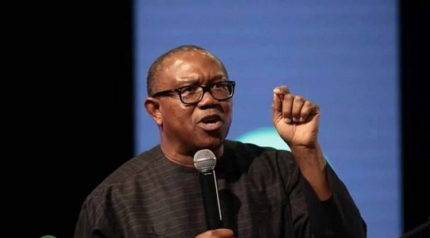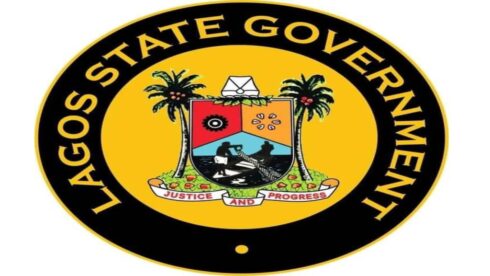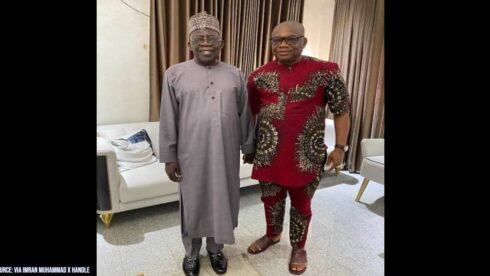In a recent development that has stirred the Nigerian political landscape, Peter Obi, the 2023 Labour Party presidential candidate, has publicly challenged his party’s decision to create a directorate for the Obidient movement. This initiative by the Labour Party aims to integrate and streamline the activities of the Obidient movement within the party’s structure.
“The Obidient movement is far beyond any political party,” declared Obi on his X handle, emphasizing the non-partisan nature of the movement. He argued that the essence of the Obidient movement is to transcend traditional political, religious, and ethnic affiliations, making it a diverse and inclusive collective. Obi’s response highlights a significant rift between him and the Labour Party leadership, questioning the authority of individuals appointed to lead this newly formed directorate.
Labour Party’s Strategy to Harness Obidient Momentum
The Labour Party announced the creation of the Obidient directorate with the intent to harness the energy and support generated by the Obidient movement during the 2023 elections. According to the party’s national publicity secretary, the directorate will coordinate member registration, diaspora participation, complaint handling, and the collection of dues and donations. The appointed leadership includes Marcel Ngogbehei as Director, Aju Elumelu as Deputy Director (Diaspora), and Mrs. Mariam Ismail among other directors.
This move by the Labour Party is seen as an effort to integrate millions of youths and members of the Obidient family into the party’s framework, thereby strengthening its base. The directorate is expected to collaborate closely with the National Youth Leader, National Women Leader, and National Organising Secretary to develop programs that effectively assimilate Obidient members into the Labour Party. However, Obi’s counter-statements underline the potential challenges this initiative may face, as he insists that the Obidient movement remains a broad-based, independent collective, not confined to any single political party.
Peter Obi: Cult-like Followers’
With the recent salvo from Peter Obi, the leadership of the Labour Party swiftly responded to mounting pressure by renaming the Obidient directorate to the Directorate of Mobilization and Integration. The controversy surrounding the initial creation of the Directorate of OBIDIENT Affairs sparked significant backlash. In response, Obiora Ifoh, Labour Party national publicity secretary, issued a statement clarifying the change. “Following the controversies arising from the creation of the Directorate of OBIDIENT Affairs, the Directorate is hereby renamed the Directorate of Mobilisation and Integration,” Ifoh declared.
Analysts argue that the OBIDIENT movement’s concept was inherently flawed, primarily due to the failure of its creators to involve Peter Obi and his loyalists from the outset. This oversight, they contend, led to avoidable backlash. “Labour party leaders assumed they could simply snatch one of Peter Obi’s most consequential gifts by creating a directorate that will oversee the affairs of his cult-like followers,” explained political analyst Daniel Chidi. The unfolding events, he suggests, reveal the undeniable influence and authority Peter Obi holds over the movement, underscoring the misstep by the Labour Party’s leadership in not consulting him initially.
Trolling For Show
The Obidient movement has not only faced internal controversies but also external criticisms regarding the behavior of its members. One of the most notable critics is Professor Wole Soyinka, who has accused the group of fostering a fascist-like environment and posing a threat to the judiciary. On April 8, 2023, the renowned literary icon highlighted the refusal of Mr. Obi’s supporters to accept any form of corrective criticism. Soyinka emphasized, “I know for a fact, and I can give you an instance that proves that he (Peter Obi) was in control of those forces.”
This assertion has been echoed by other observers who suggest that Peter Obi’s swift criticism of the Directorate might signal his ambivalence towards the Labour Party’s goals. However, Obi has firmly rejected these claims, dismissing them as baseless. Despite this, the debate continues, with some questioning the level of control and influence Obi exerts over the Obidient movement. The scrutiny of the movement’s conduct and its implications for Nigerian politics remains a contentious issue, highlighting the complex dynamics within the Labour Party and its associated factions
Table of Contents
Discover more from OGM News NG
Subscribe to get the latest posts sent to your email.













